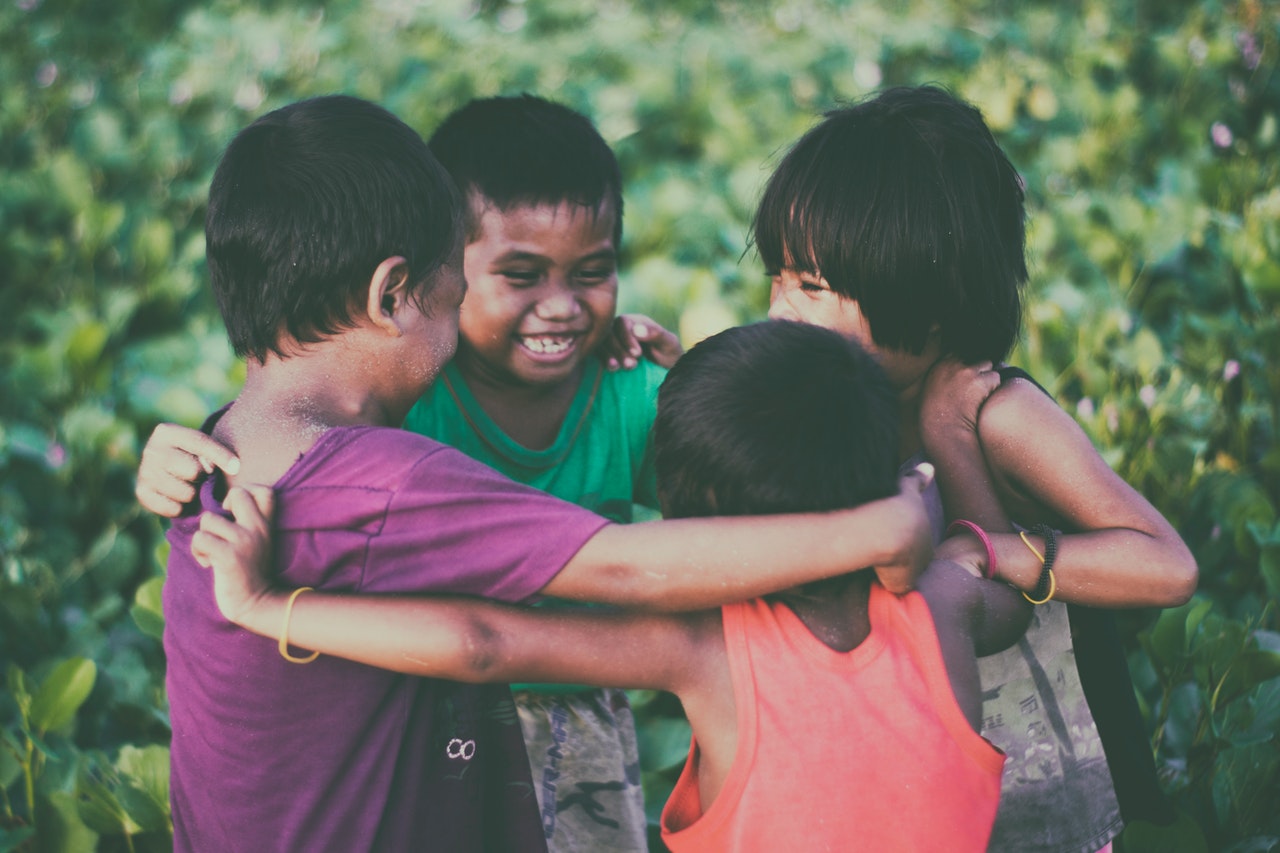By Nina Chatzistergiou,
Childhood trauma is something people do not just get over as they grow up. The stress of abuse, neglect (usually from parents), and parents struggling with mental health or substance abuse issues have tangible effects on the development of the brain. Across a lifetime, this tends to unfold, to the point where those who have experienced high levels of trauma are at triple the risk for heart disease and lung cancer.
Sometimes, the way the brain develops in connection to childhood trauma results in cases of the most common causes of death. In fact, childhood experiences can be the cause of heart disease or lung cancer, as stated previously, as well as reduction of life expectancy up to 20 years. Of course, the trauma as referred to is not generally something as simple as just failing a test or not achieving wanted results in sports; it generates around experiences whose nature is so evasive, that it can change the basic physiology of the brain. Neglect and severe abuse, or life in a household where a parent struggles with mental issues or substance abuse, are usually cases that can lead to such traumatizing of the child’s mind, that it becomes something you carry around for a lifetime.
Firstly, we approach the social problems and furthermore the mental health problems a traumatized person may face. Attention and eating disorders are cases that may appear while a child is still young, followed by depression. This is something that can be more than usual in low-income communities, where there is not good enough healthcare for children or the needed social work assistance, but it is not necessarily something that develops only there.

The adverse childhood experience, as referred to by medical professionals, though, is something that can be detected in adults, that were subjected to severe trauma during childhood, experiences such as physical, emotional, or sexual abuse, physical and emotional neglect, parental separation, divorce, etc.
Researches have shown that the ranking on adverse childhood experience was exactly what caused diseases to appear throughout their lifetime. High doses of adversity are generally connected, of course, to acting out, behavioral problems, substance abuse, but as Dr. Nadine Burke Harris described in her TED talk in 2017, “Even if you do avoid acting out, you are still extremely prone to other diseases all connected to childhood traumatic experiences”. It is basically something that settles so deeply into our brains and connects to our fight or flight tendencies, but how it will appear throughout life, is not necessarily just behavioral. This is because due to the fact that children’s brains are just developing. The repeated stress of coming home to the same traumatic experience every day not only affects brain structure and function, but also affects the developing immune system, hormonal system, and even the way their DNA is read and transcribed.
This can be prevented, though, by educating parents prior to the children being traumatized, because adverse childhood experiences are the single unaddressed public health problem. Because such experiences make adults two and a half times more likely to develop hepatitis, four and a half times more likely to become depressed, and up to twelve times more likely to attempt to take their own life.
References
- How childhood trauma affects health across a lifetime, TED. Available here.




